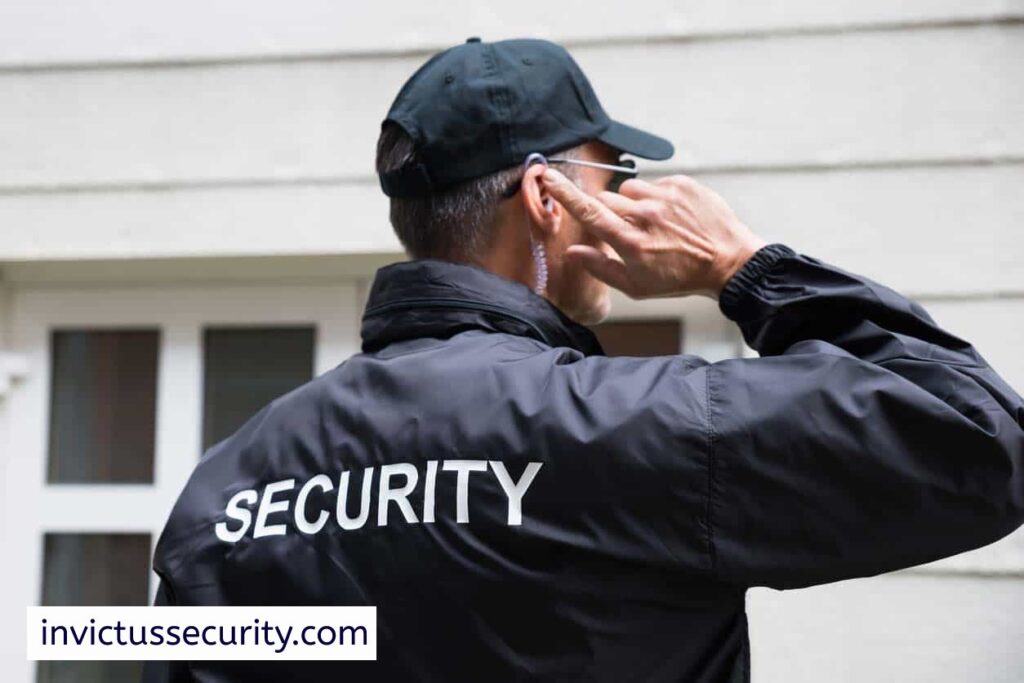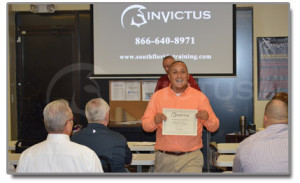Crime Prevention Through Environmental Design (CPTED) in Florida
Secure Your Space with Strategic Design – Invictus Security
At Invictus Security, we specialize in Crime Prevention Through Environmental Design (CPTED), a proven, proactive approach to reducing crime and enhancing safety through strategic urban and architectural planning. Our expert team offers CPTED surveys, CPTED assessments, and professional training to help businesses, communities, and public spaces create environments that naturally deter criminal activity.
With Florida’s HB 837 law emphasizing property owners’ responsibility for crime prevention, CPTED has become a critical tool for reducing liability risks and enhancing security. Whether you need a CPTED consultation, risk analysis, or compliance evaluation, our certified specialists are here to help you create safer spaces.

What is CPTED?
Crime Prevention Through Environmental Design (CPTED) is a security strategy that uses the physical environment to influence human behavior and deter criminal activity. By focusing on design elements like lighting, landscaping, and access control, CPTED creates spaces that are inherently safer and less attractive to criminals.
In Florida, where property security laws under HB 837 are becoming stricter, CPTED is essential for businesses, residential communities, schools, and public spaces. It not only enhances safety but also helps property owners comply with legal requirements and reduce liability risks.
The Importance of a CPTED Survey & Assessment
A CPTED survey or assessment is a professional evaluation of your property to identify vulnerabilities and recommend design improvements that deter crime. At Invictus Security, our certified experts conduct thorough assessments, analyzing:
- Lighting effectiveness: Eliminating dark spots and ensuring proper illumination in high-risk areas.
- Building layout: Controlling access points and improving visibility to prevent unauthorized entry.
- Landscaping design: Enhancing natural surveillance by trimming overgrown vegetation and creating clear sightlines.
- Territorial reinforcement: Using fencing, signage, and property markers to define boundaries and deter trespassing.
- Maintenance issues: Addressing problems like broken windows, graffiti, or abandoned structures that can attract criminal activity.
These assessments are crucial for HB 837 compliance, as they demonstrate proactive measures to reduce crime and limit liability.
The Four Core Principles of CPTED
CPTED is built on four key principles that work together to create safer environments:
- Natural Surveillance
- Making criminals feel exposed by improving visibility.
- Strategies:
- Strategic placement of windows and entryways.
- Bright lighting in high-traffic and high-risk areas.
- Use of CCTV cameras for added monitoring.
- Access Control
- Restricting unauthorized access to your property.
- Strategies:
- Keycard access systems and security gates.
- Clear entry and exit points with controlled access.
- Smart locking systems for restricted areas.
- Territorial Reinforcement
- Clearly defining public and private spaces to deter trespassing.
- Strategies:
- Fencing, signage, and property markers.
- Landscaping to establish boundaries.
- Security checkpoints and patrol areas.
- Maintenance & Management (Defensible Space Theory)
- A well-maintained environment signals control and deters crime.
- Strategies:
- Prompt removal of graffiti and repair of broken windows.
- Routine security patrols and inspections.
- Rapid response to security threats.
Our CPTED Services at Invictus Security
We offer tailored CPTED solutions for a variety of settings:
- Commercial CPTED Surveys & Assessments
- CPTED audits for office buildings, shopping centers, and retail stores.
- Parking lot security and surveillance planning.
- Access control system design and implementation.
- Residential & Community CPTED Programs
- Gated community security planning.
- Public park design improvements.
- Street lighting and surveillance upgrades.
- Event & Venue Security with CPTED
- Controlled access points for large gatherings.
- Emergency exit and evacuation strategies.
- On-site security integration.
- School & Campus CPTED Assessments
- Entryway security and classroom layout improvements.
- Designing safe gathering areas and hallways.
- Threat assessment training for faculty and staff.
- Government & Public Infrastructure CPTED Solutions
- Urban planning security consultations.
- Transit and parking facility security design.
- Crime mapping and high-risk area analysis.
CPTED Training & Certification in Florida
At Invictus Security, we provide CPTED training for security professionals, property managers, and law enforcement agencies. Our courses cover:
- CPTED principles and implementation strategies.
- How to conduct CPTED surveys and assessments.
- Florida HB 837 compliance and liability reduction.
- Best practices for integrating CPTED with existing security measures.
Whether you’re a business owner, community planner, or security professional, our training equips you with the knowledge and skills to enhance safety, reduce crime, and comply with Florida’s security laws.
Frequently Asked Questions (FAQs) About CPTED
- What is a CPTED survey?
A CPTED survey is a detailed security evaluation of a property to identify crime risks and suggest improvements in lighting, access control, and territorial reinforcement. - What is a CPTED assessment?
A CPTED assessment is a professional crime prevention evaluation that provides detailed recommendations for improving security through environmental design. - What is HB 837, and why is it important?
HB 837 is a Florida law requiring property owners to implement crime prevention measures to limit liability for criminal acts on their premises. CPTED strategies help businesses comply with this law. - Who can benefit from CPTED?
CPTED is beneficial for:- Businesses and property owners (for liability reduction and security).
- Schools and universities (for student safety).
- Apartment complexes and HOAs (for community protection).
- Government buildings and public spaces (for crime prevention).
- How does CPTED training help?
CPTED training teaches security professionals and property managers how to conduct CPTED surveys, implement crime prevention strategies, and comply with Florida regulations like HB 837. - How do I schedule a CPTED assessment?
Contact Invictus Security today for a CPTED survey or risk evaluation.
Why Choose Invictus Security for CPTED
- Certified CPTED Specialists: Experienced in Florida HB 837 compliance.
- Comprehensive CPTED Surveys & Assessments: Tailored for businesses, communities, and schools.
- CPTED Training Programs: Equipping security teams with crime prevention expertise.
- Proven Results: Successfully reducing crime across Florida.







